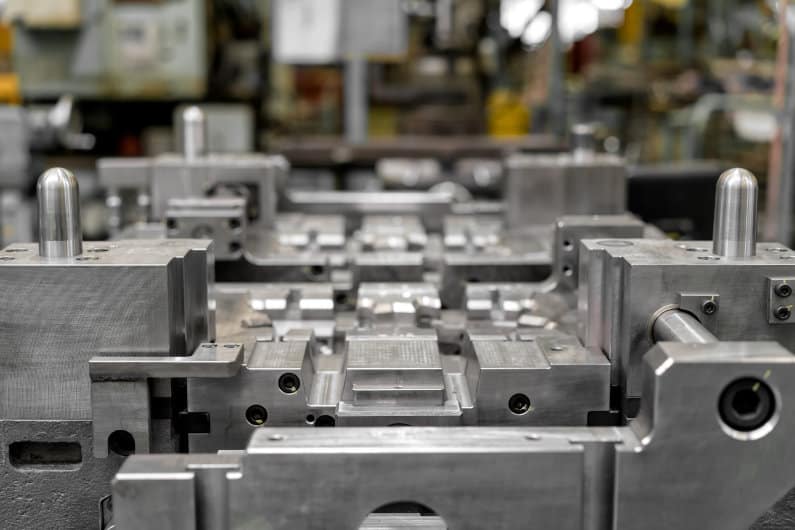Magnesium die casting is a manufacturing process that involves injecting molten magnesium into a mold cavity, allowing it to solidify into the desired shape. This process offers numerous advantages and finds its applications in various industries. In this article, we will explore the advantages and applications of magnesium die casting.
One of the key advantages of magnesium die casting is its lightweight nature. Magnesium is the lightest structural metal, which makes it an ideal choice for applications where weight reduction is crucial. Compared to aluminum, magnesium is 36% lighter and offers a higher strength-to-weight ratio. This lightweight characteristic is particularly beneficial in industries such as automotive, aerospace, and electronics, where fuel efficiency, performance, and portability are of utmost importance.
Another advantage of magnesium die casting is its excellent dimensional stability. Magnesium alloys have low shrinkage rates, meaning that they retain their shape and dimensions well during the solidification process. This makes magnesium die casting suitable for producing intricate and precise components that require tight tolerances. Industries that require complex and high-precision parts, such as the medical and telecommunications sectors, can greatly benefit from magnesium die casting.
Furthermore, magnesium die casting offers superior thermal conductivity. Magnesium alloys have excellent thermal properties, allowing for efficient heat dissipation. This makes them ideal for applications that involve heat transfer or require thermal management. Industries like automotive, power tools, and electronics can take advantage of magnesium die casting to enhance the performance and reliability of their products by effectively managing heat.
Corrosion resistance is another notable advantage of magnesium die casting. Magnesium alloys possess inherent corrosion resistance properties, especially when compared to ferrous metals like steel. This makes magnesium die casting suitable for applications in industries with exposure to harsh environments, such as marine, chemical processing, and outdoor equipment manufacturing. The corrosion resistance of magnesium alloys can significantly extend the lifespan and durability of components.
In terms of applications, magnesium die casting has a wide range of uses across various industries. In the automotive sector, it is commonly employed in the production of engine components, transmission cases, and structural parts. The lightweight nature of magnesium helps improve fuel efficiency and reduce emissions. Additionally, magnesium die casting is utilized in the aerospace industry for manufacturing lightweight components, including aircraft frames, brackets, and engine parts.

The electronics industry also benefits from magnesium die casting, where it is used in the production of housings, heat sinks, and other components. The lightweight and superior thermal conductivity of magnesium alloys contribute to the efficient operation and heat management of electronic devices. Furthermore, the medical industry utilizes magnesium die casting for producing surgical instruments, implants, and medical equipment due to its biocompatibility, lightweight, and excellent dimensional stability.
Magnesium die casting offers several advantages and finds applications in a wide range of industries. Its lightweight nature, dimensional stability, thermal conductivity, and corrosion resistance make it a preferred choice for manufacturing components in the automotive, aerospace, electronics, and medical sectors. With ongoing advancements in magnesium alloys and die casting techniques, the potential for further utilization of magnesium in various industries is promising.
-

- سبائك المغنيسيوم Thixomolding السلطة الخليط الإسكان
-

- فرامل معدنية مسبوكة من سبائك المنغسيوم
-

- OEM die casting components for automotive Seat frame
-

- سبائك المغنيسيوم thixomolding يموت الصب أجزاء الطائرات بدون طيار
-

- OEM high pressure die casting magnesium alloy frame for bicycle
-

- أجزاء متشكلة حسب الطلب مصنوعة من مكونات الطائرات بدون طيار مع التصنيع باستخدام الحاسب الآلي ومعالجة السطح

 0086-750-5616188
0086-750-5616188 +86 13392089688
+86 13392089688 sales@zhongmei-tech.com
sales@zhongmei-tech.com







